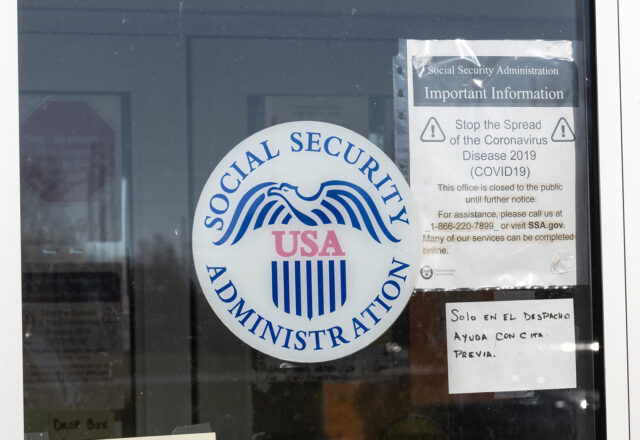
How Does COVID-Induced Early Retirement Compare to the Great Recession?
Abstract
In early 2020, the COVID Recession seemed like it would result in an increase in early Social Security claiming, similar to the Great Recession. However, pretty quickly the COVID Recession turned out to be quite different. It was spurred by a health crisis, potentially increasing the likelihood of early claiming among older workers and accompanied by a quick recovery in the stock market followed by rapidly-rising prices that could enable many with assets to retire early. On the other hand, the unprecedented expansion and generosity of unemployment insurance (UI) offered a way for lower-paid workers to stay in the labor force. The following analysis, using data from the Health and Retirement Study (HRS), compares how the claiming pattern changed in the recession years 2008-2010 from the expansion years 2004-2006 with how the pattern changed in the recession year 2020 from the expansion years 2016-2018.
The paper found that:
- Self-reported poor health did not lead to increased claiming during COVID, a story consistent with the Great Recession.
- The booming stock market associated with COVID induced early claiming among those with retirement assets, a stark difference from the Great Recession where workers remained in the labor market to replenish depleted balances.
- On the other hand, generous UI benefits reduced early claiming for workers in the two lowest earnings terciles, a stark difference from the Great Recession where the lower paid continued to retire earlier than the well paid.
- In the end, and in contrast to the Great Recession, the competing effects more than canceled each other out and resulted in an actual decrease in early claiming during the COVID Recession and slightly higher monthly Social Security benefits.
The policy implications of the findings are:
- Generous UI benefits dramatically alter the work-life trajectories of the lower paid.
- They also allow the lower paid to avoid actuarial adjustments from early claiming that would have left them with lower monthly benefits.








